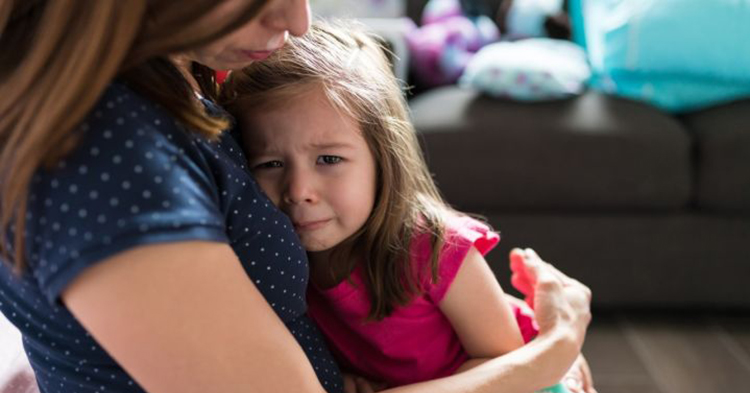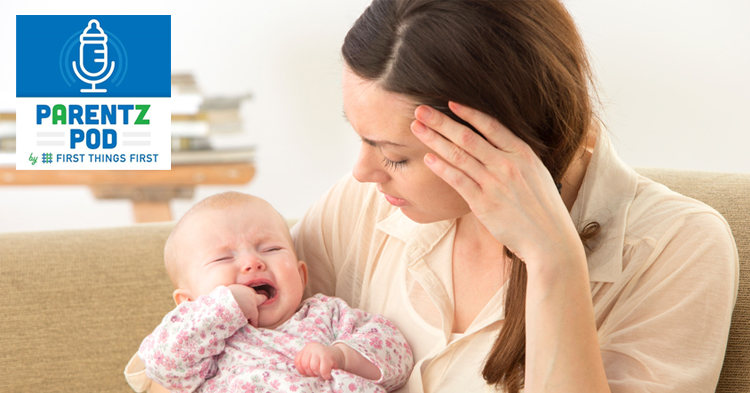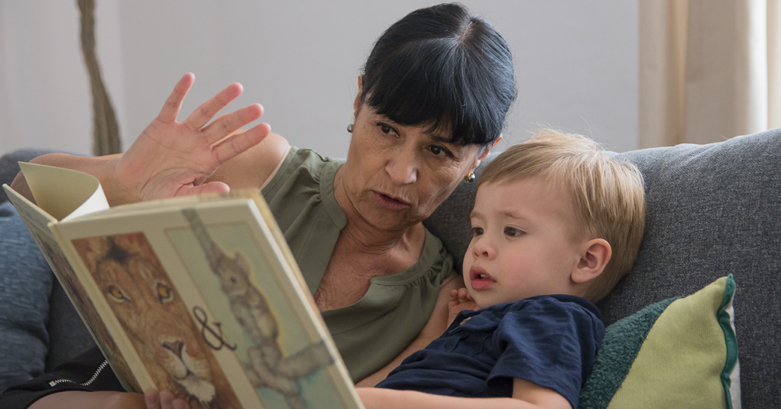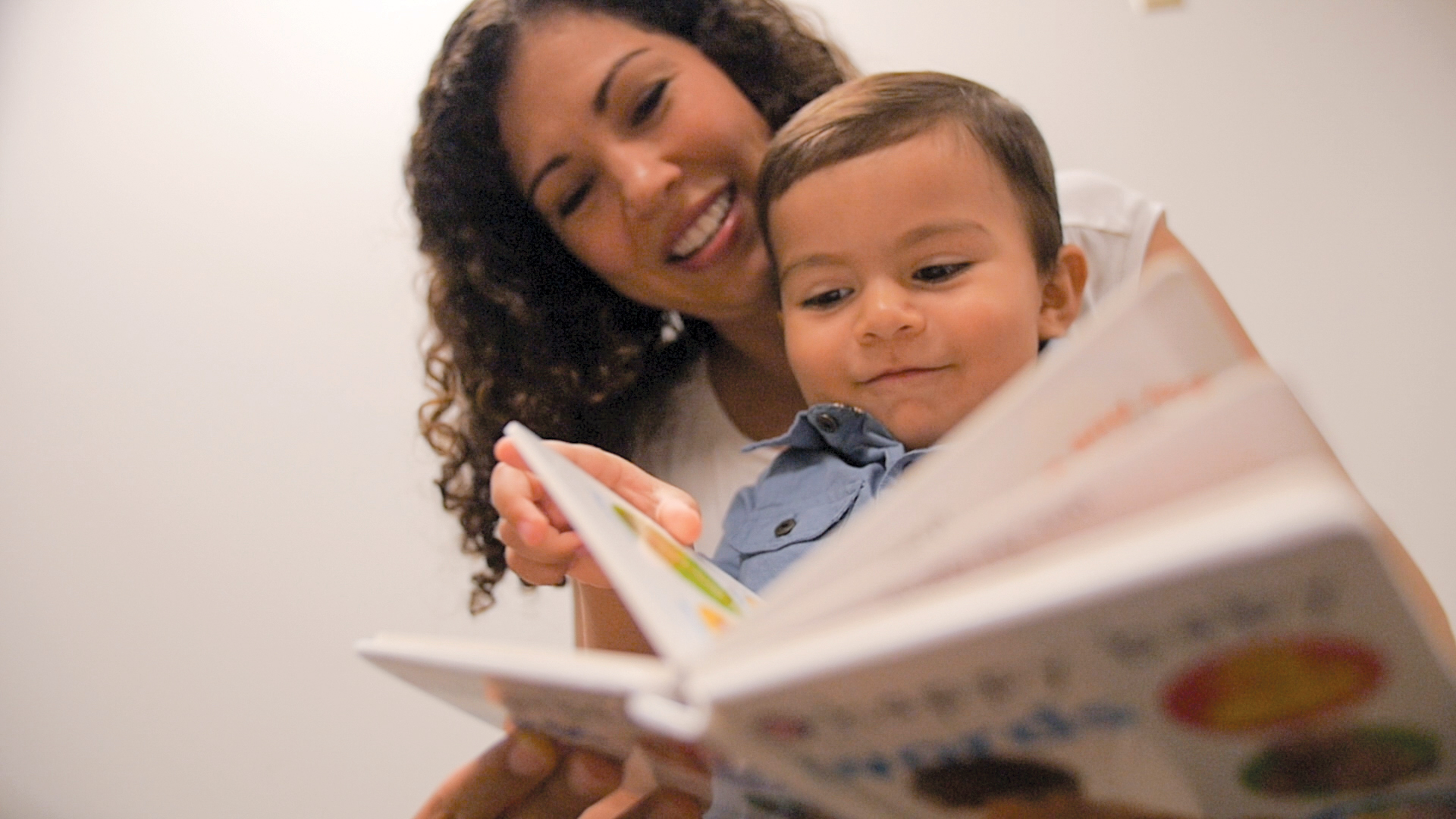We all feel stressed or upset sometimes. If the feelings do not go away in a short while, or if you feel you cannot cope, get help. Young children can also feel anxious and upset.
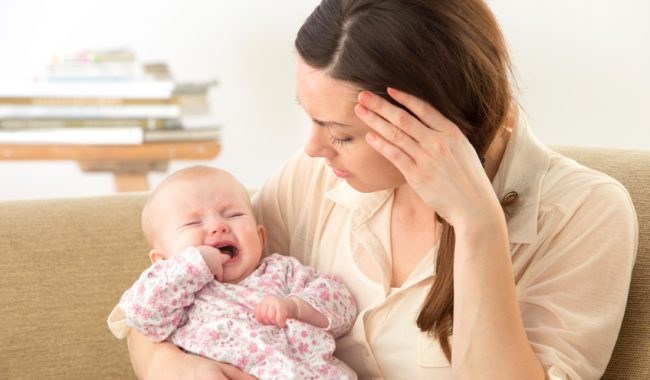
Tips to Help You Manage Stress
- Think about what causes your stress. Make a list.
- When you can, change the things that cause stress. Start with small things at first.
- Talk over problems with friends or relatives.
- To feel calmer, think about how you are breathing. Breathe slowly.
- Focus on what is going well in your life.
- Make some time for yourself every day.
- Try to eat well and exercise.
- Avoid alcohol and drugs.
- Get extra support during holidays, anniversaries and birthdays.
- More: 5 ways to manage your own big feelings.
Help Your Children Manage Stress
- Reassure your children and hug them often.
- Try to keep regular routines. Children feel more secure when they know what to expect.
- Let children ask questions and talk about stressful or upsetting events. Tell them it is OK to feel scared, angry, worried or sad.
Getting Counseling
Counseling can help you deal with relationship problems, depression, stress and grieving. Find a counselor you trust. If you are worried about your child, talk to her teacher or a doctor. For more information and to find a counseling program, visit Mental Health America.
Violence and Abuse
Violence in families and between partners happens more than people think. It is never the fault of the person being abused. No one, not even a family member, has the right to be violent or abusive. Abuse can be when someone hurts your body or touches you in a way you don’t want. Abuse can also be cruel words or a threat. If someone you know is being abused, there are things you can do.
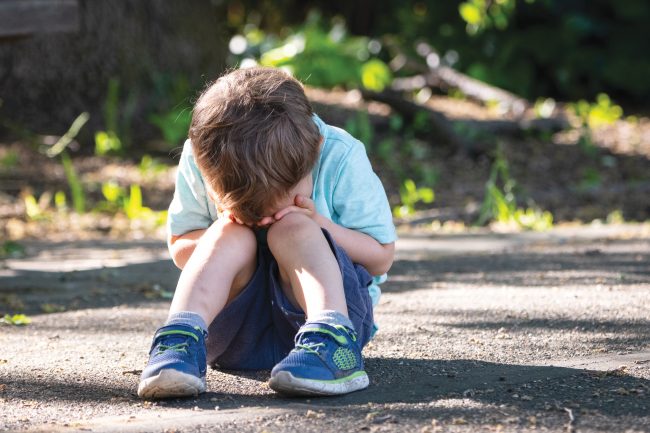
How to Spot Violence and Abuse at Home
If you suspect child abuse or have questions about abuse and neglect, contact Childhelp. You can call or text 1-800-422-4453. Your call is private. If it is an emergency, call 9-1-1. These are some signs of possible child abuse:
- Unexplained bruises or marks
- Unexplained pain, swelling or bleeding
- Trouble sleeping or nightmares
- Fear of parents or other adults
- Slow development
- Fear of being left alone
Abuse of an Adult
These are signs of violence between partners. If someone close to you does any of these things to you or someone you know, use the resources on this page to get advice or help.
- Shoves or hits you, pulls your hair or uses any other physical force against you
- Is very jealous
- Expects you to be perfect
- Does not let you see your family or friends
- Checks your phone or email without your permission
- Insults you often, especially in front of others
- Is cruel to children or animals
- Breaks or hits things
- Uses physical force in sex
- Threatens to report you to immigration
- Threatens to take away your children
- Does not let you get a job
- Takes your money
Abusing or Neglecting a Child is Against the LawAbuse includes yelling at, hitting or having sexual contact with a child. Neglect is leaving young children alone or not giving them things they need, like food, shelter and clean clothes. If you suspect abuse or neglect, take it seriously and report it. Call the Arizona Child Abuse Hotline at 1-888-767-2445. Shaken Baby SyndromeIt is never OK to shake, hit or jerk any child or put them down roughly. Babies’ neck muscles are not strong enough to hold up their heads. This means they can get brain injuries from being shaken or treated roughly. These brain injuries can lead to permanent health problems or death. What to Do in Case of Abuse
|
More Ways to Find Help
988 Suicide & Crisis Lifeline — Free, private emotional support for people who feel suicidal or are in emotional distress. Call or text 988, or chat at 988lifeline.org/chat/.
National Maternal Mental Health Hotline (English and Spanish) — Call 1-800-944-4773 or text «Help» to 800-944-4773 for English or 971-203-7773 para Español.
National Sexual Assault Hotline — Resources and support for people who have experienced sexual violence. Call 1-800-656-4673 or chat at hotline.rainn.org/online.
National Teen Dating Abuse Helpline — Information and support for young people who have questions or concerns about romantic relationshops. Call 1-866-331-9474, text LOVEIS to 22522 or chat at www.loveisrespect.org/#.
National Maternal Mental Health Hotline (English and Spanish) — Call 1-800-944-4773 or text «Help» to 800-944-4773 for English or 971-203-7773 para Español
PSI International Support Groups, Peer Mentors, Local Specialists and Experts — Postpartum Support International (PSI) is the world’s largest non-profit organization dedicated to helping women and families suffering from perinatal mood and anxiety disorders, including postpartum depression, the most common complication of childbirth.
The First Things First Parent Kit was developed in partnership with Health Research for Action/UC Berkeley. © 2023 The Regents of the University of California. Additional video, graphic and other content © 2023 First Things First. All rights reserved.


